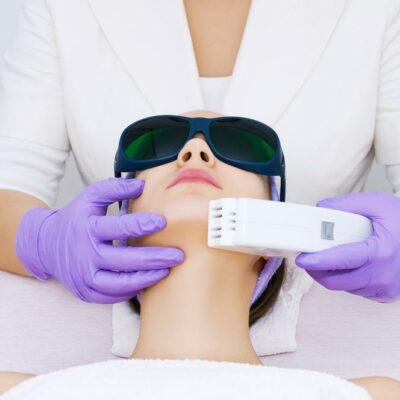
8 major risk factors of skin cancer
Skin cancer is a growth of abnormal skin cells. Though the primary cause of skin cancer is exposure to UV rays, other factors increase the risks of being affected by skin cancer. Certain foods, medicines, addictive habits, and illnesses can increase the risk of incidence of skin cancer.
Consider following a diet rich in antioxidants to reduce the risks of being affected by skin cancer. Dietary antioxidants can help prevent damage to the DNA of the skin and the resulting cancerous growths. Oats, leafy green vegetables, tomatoes, dried fruits and nuts, green tea, broccoli, salmon, carrots, and dark chocolate are some foods rich in antioxidants. These foods are good to help reduce wrinkles in the skin. Besides delaying aging, they reduce the risks of cancer. Reducing the amount of meat and fat in your diet is good to keep the body healthy. A healthy diet also helps to cope with cancer treatment medication and its side effects.
Some of the major risk factors for skin cancer are:
1. Orange juice
Studies conducted on people who consumed orange juice or citrus juices like grapefruit every day had a 36% higher risk of skin cancer. Citrus fruits contain compounds that make the skin more photosensitive. But instead of cutting out or reducing the intake of citrus juices, reduce your exposure to the sun within a few hours of drinking the juice.
2. Sildenafil
Men who used sildenafil were more prone to develop melanoma over a few years. The studies show that the risk is 84% more likely which pretty high.
3. Alcohol
Compounds in alcohol make the skin more photosensitive and exposure to the sun can increase the risk of skin cancer.
4. Smoking
Studies have associated a higher incidence of skin cancer in smokers. Smoking almost doubles the risk of squamous cell carcinoma, particularly on the lips. Smoking affects the healing of any surgery done to treat skin cancer. The nicotine in cigarettes causes blood vessels to constrict, thereby reducing the blood flow, which reduces the oxygen flow to the wound site. This slows down the healing process.
5. Immune suppressing medication
A weakened immune system greatly increases the risk of skin cancer. Those who are taking medication for conditions like rheumatoid arthritis, Crohn’s disease, and similar conditions which cause the body to attack its immune system are affected. The immune-suppressing medications used to treat these ailments weaken the immune system which paves for the increased incidence of skin cancer.
6. Psoriasis treatment
Individuals treated for psoriasis with ultraviolet light treatment and psoralen have an increased risk of developing squamous cell carcinoma.
7. Viruses
Certain types of HPV (human papillomavirus) infections, particularly the ones which affect the anal or genital area, can increase the risk of skin cancer. Patients affected with herpes virus have a weakened immune system which makes them susceptible to skin cancer.
8. Basal cell nevus syndrome
This is a rare genetic condition which affects the skin, the endocrine system, nervous system, eyes, and bones. It is also called Gorlin syndrome. This condition can lead to basal cell carcinoma even as an adolescent.


